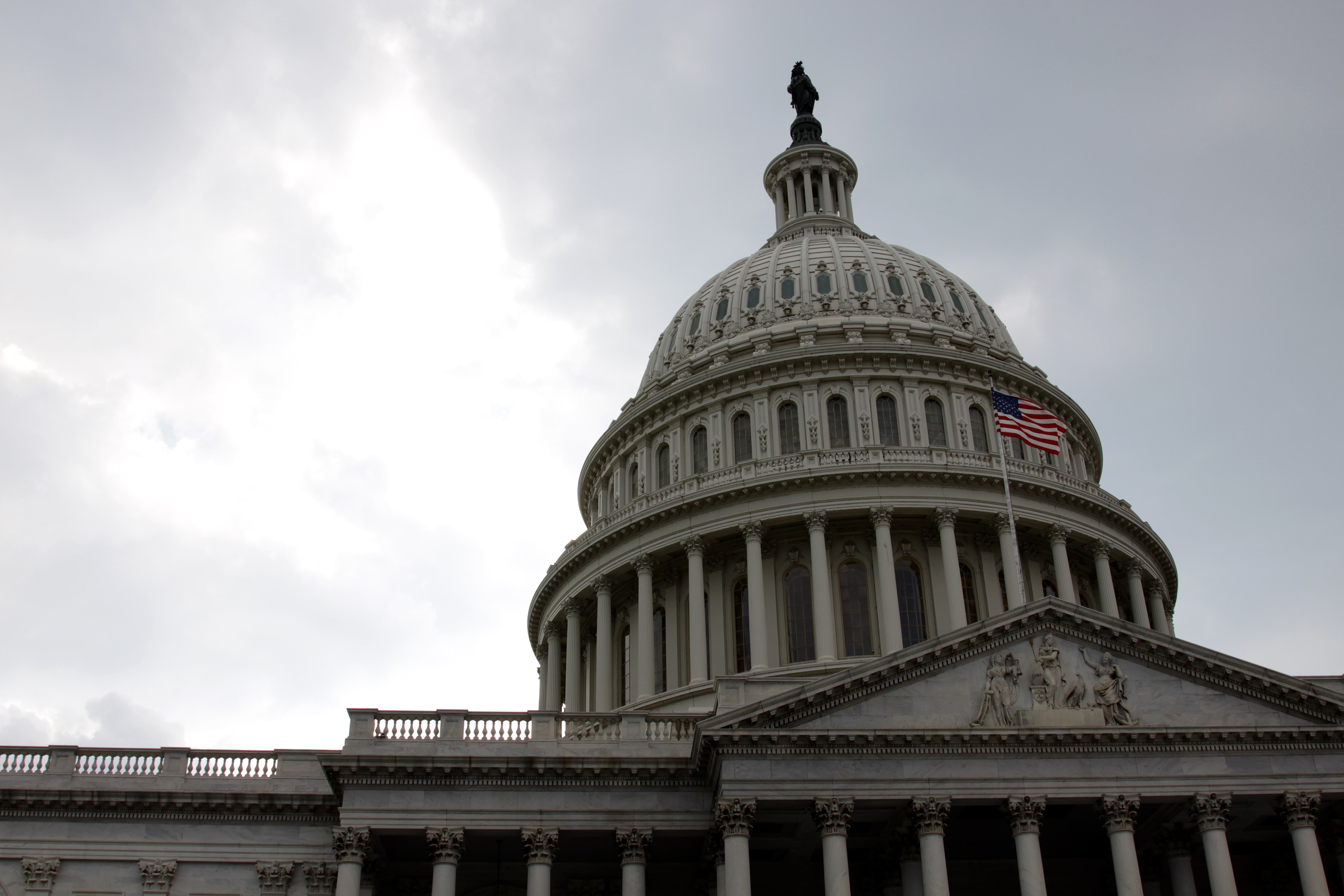
Biodiesel Industry: "This EPA is not Interested in Our Growth"
Reactions across agriculture were mixed to the Environmental Protection Agency’s (EPA) blending targets for renewable fuels for 2018 and 2019, setting the total renewable fuel volume at 19.29 billion gallons.
The 15 billion gallon target for convention biofuel, including corn-based ethanol, won mild praise from Bob Dinneen, president and CEO of the Renewable Fuels Association. “We’re generally pleased, we think that the EPA has kept the RFS (Renewable Fuels Standard) largely on track,” Dineen told AgriTalk Radio host Mike Adams. But he said EPA could have been more robust with their advanced biofuels numbers.” He said the industry should get more credit for cellulosic production added to conventional corn ethanol plants and for corn oil use in biodiesel.
On the biodiesel side of the ledger, there was disappointment in the flat 2.1 billion gallon target.
“This is a two to four year signal that this EPA is not interested in our growth,” Doug Whitehead, chief operating officer of the National Biodiesel Board said on AgriTalk. “You know, 2.3 or 2.4 (billion gallon target) would have launched steel into the ground and would have helped farmers decide what their plant crop rotation would have been for next year. I’m thankful for not getting a cut, but this is very disappointing.”
Senator Chuck Grassley (R-IA) who has been at the center of the fight over the RFS target levels said in a statement,”The EPA’s announced renewable volume obligations fall short of the full potential of the U.S. biofuels industry. That is disappointing, particularly the lack of increase for biodiesel levels and the cut in cellulosic level requirements. Increases in the volume requirements are justified and would be good public policy. Congress intended for the RFS to drive growth in biofuels across all categories. Contrary to that goal, this final rule does little to encourage investment and growth in advanced biofuels.”



